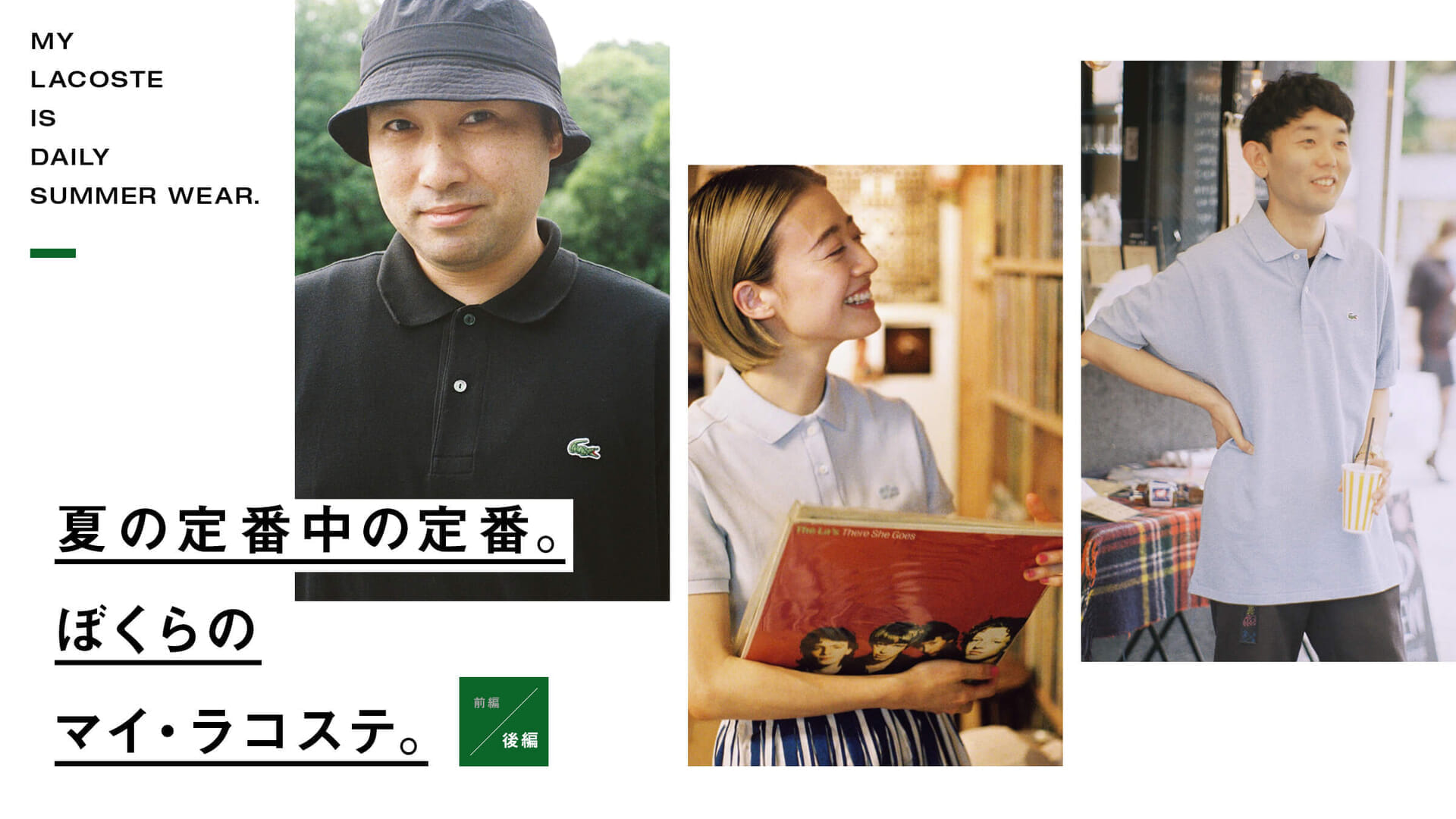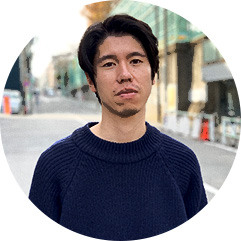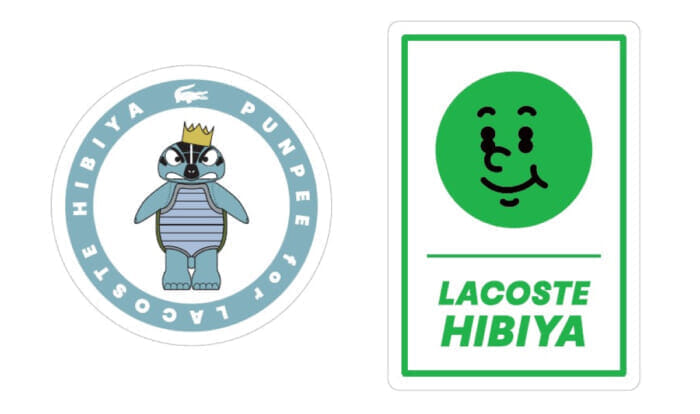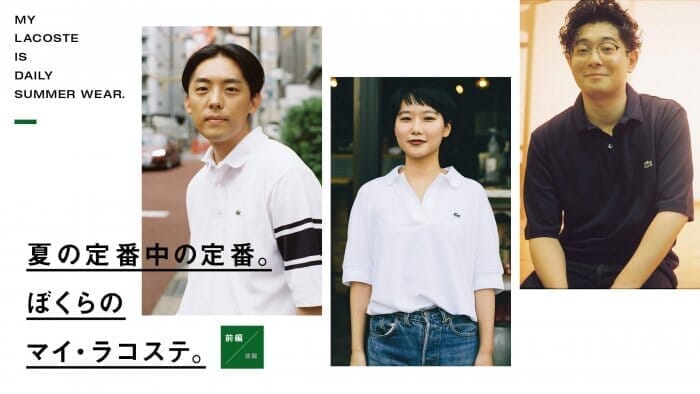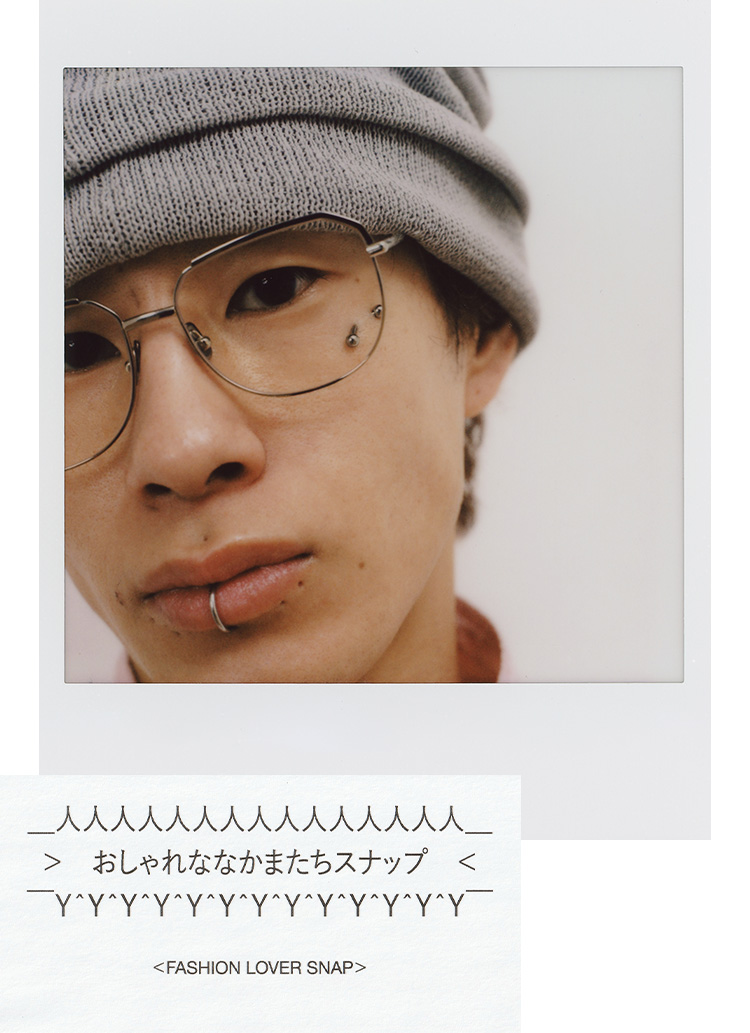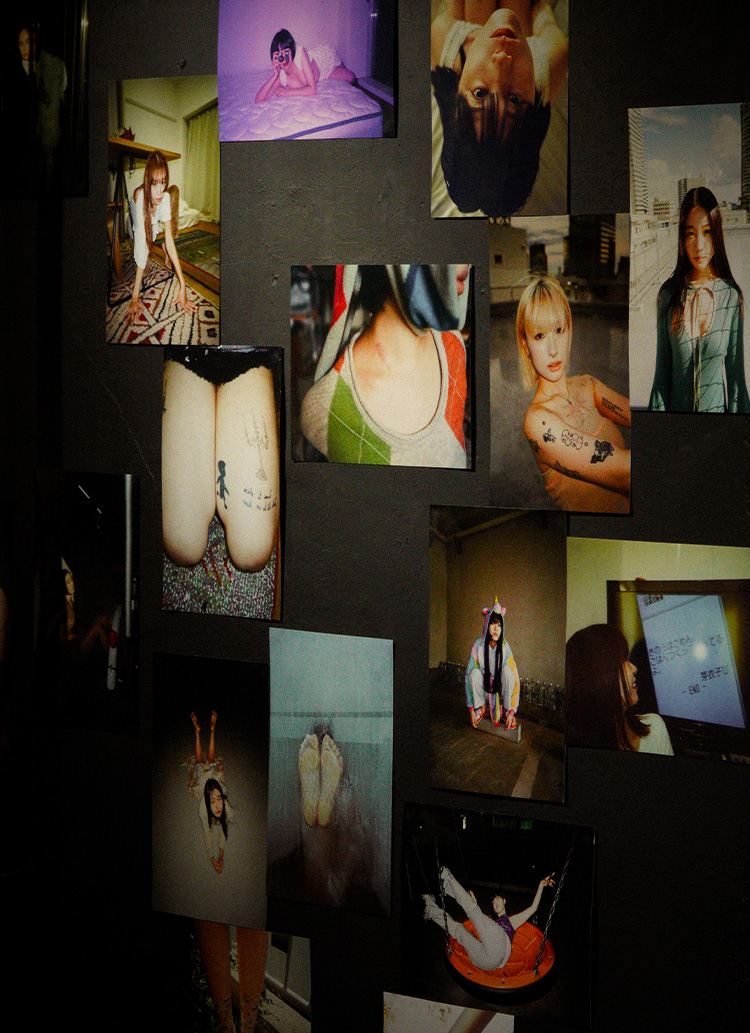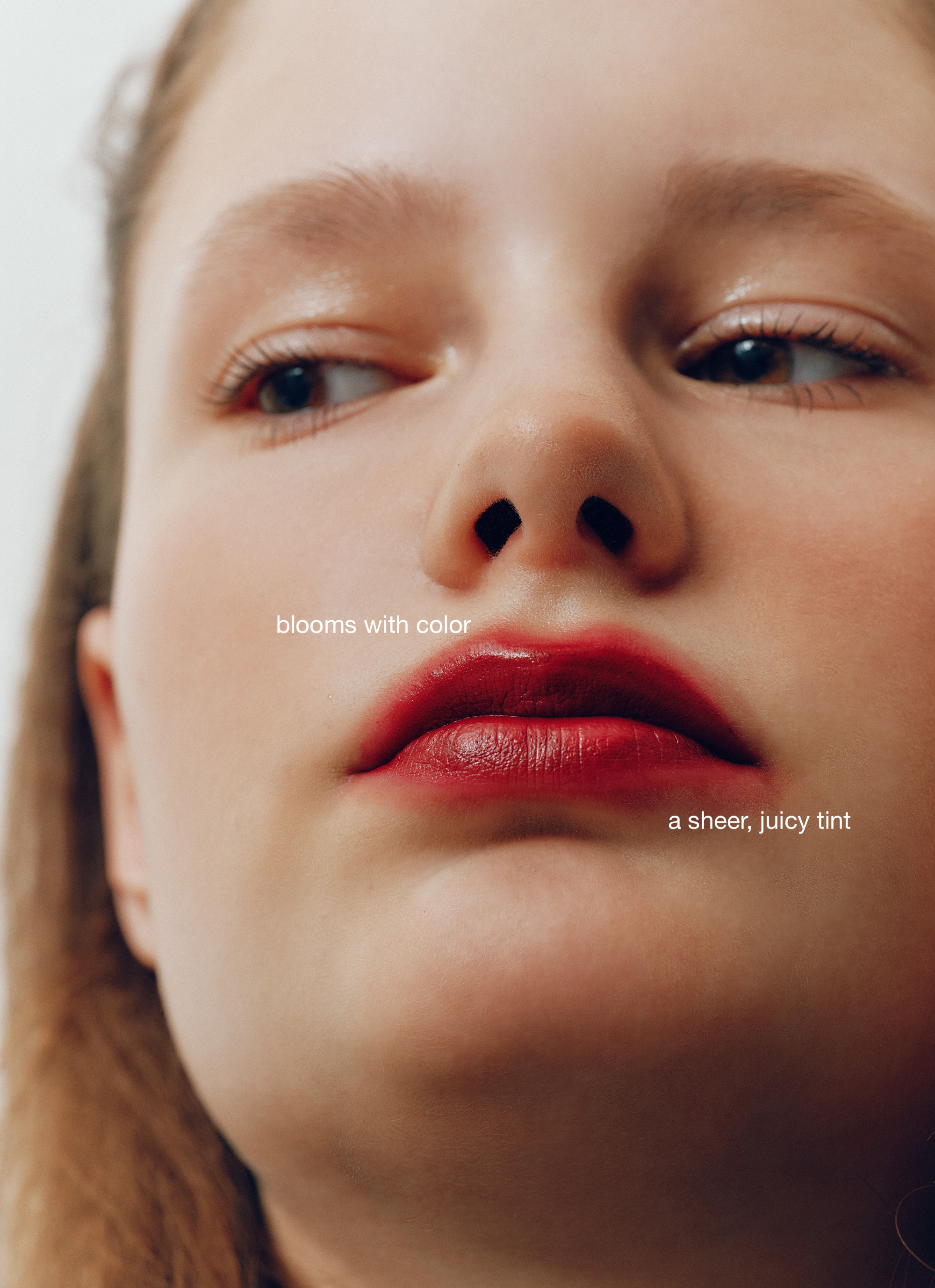I would like to be sensitive to the passage of time and do what I can do quick.

PROFILE
Born in Chiba Prefecture. He began DJing while still in college and started the party collective "CYK TOKYO" with other DJs of the same age. While performing at numerous events mainly in Japan, he also deepens exchanges with DJs and artists from overseas. In addition to music, he produces and sells his own zines. His book "Crossbreed," which discusses the state of the party scene in the Corona Disaster, is also a hot topic.
KOTSU: How did you get started as a DJ?
KOTSU:I was a member of a club called the "Music and Arts Research Club" at university, and since it was a "club," we were given a club room with a full set of equipment and other things. I spent most of my college years there, and I started listening to dance music when one of my friends told me, "If you are going to DJ, four beat is the way to go. I had always liked New Order and other music, so I was easily able to get used to the so-called "four beat" sound.
You weren't working as CYK at that time, were you?
KOTSU:Yes, we did. When I was in college, we used to do events with other communities that were close to ours. In 2016, an artist named Nachtbreaker was coming to Japan from Amsterdam, and one of the older DJs asked me if I wanted to organize an event for him with a group of young people. That's how we started CYK. We formed our own party collective, and many people started to invite us to their events.

Do you have a clear idea of what you want to do or what direction you want to go in while working as a DJ?
KOTSU:When I looked at the party scene overseas, I noticed that kids in their early twenties, who are the same age as us, are dressing up in fashion and playing in clubs. They are enjoying dance music and parties with a streetwise interpretation. On the other hand, in Japan, I have a strong sense that this type of music has not yet penetrated the market. I think it has a strong image of being music for enthusiasts. I have a feeling that I want to fill the gap between Japan and the rest of the world. A sense of mission.
Do you feel like you are preparing an environment that is easy to play in, or is it like a hardcore band doing DIY work to prepare the ground?
KOTSU:That's right. But it's hard to understand the appeal of club music just by coming to a club once. It is the kind of music that you finally realize "this is really good" when you go to a club five times and dance the whole night through.
Therefore, we need to put more effort into visual design, party decorations, and creating an atmosphere that makes people want to come not just once, but many times. We also distribute mixes by CYK members and DJs who are good friends of ours so that people can enjoy dance music outside of the club.
Clubs are very social places, not only for music, but also for enjoying drinks and unexpected events that happen when more people mix together.

Clubs and live music venues have been hit hard by the new Corona. Do you have any thoughts on this situation?
KOTSU:It is very sad that we can no longer experience, even temporarily, the sense of togetherness with friends while sharing the club and the accidental happenings that can only happen on site. On the other hand, I feel that the distribution service is gaining momentum, and once the situation settles down, I think that both the club and the distribution service will continue to coexist. I think such conceptual projects can only be done through distribution services, so it would be great if they can coexist by drawing out the best of each other.
KOTSU: You mentioned earlier that young people overseas go to clubs "dressed up" in fashion.
KOTSU:I used to wear many different kinds of clothes, but recently I have become more specific about what I like to wear. I now wear clothing from brands that have something to do with music, and I choose to wear things that have meaning to me, such as T-shirts made by music labels.

Do you sometimes wear polo shirts?
KOTSU:I have about three of them. Polo shirts have a relaxed feel to them, but the collar makes them look neat. So I often wear a polo shirt with a collar when I want to stand up straight.
What is your impression of Lacoste?
KOTSU:I had the image of my own father wearing it (laughs). But that doesn't mean I have an impression of an old man. I was recently looking at the collection and discovered that it was really cool. As I recall, the designer changed recently, didn't he? I thought it looked really bold and I liked it. I was talking about how cool it was with my friends. I was talking about it with my friends.
Today, he picked up a light blue polo shirt to wear.
KOTSU:Lately, I like light colors, and I have started listening to beautiful sounds and pleasant deep house music. Perhaps due to this influence, I selected light blue as my favorite color. It is lightweight, easy to move in, and cool, and I think it will make more appearances this summer.

The "L1264" is a wooden yarn version of the "L.12.12," the prototype for all polo shirts, which was created in 1933. While the light blue color evokes a sense of adult calm, it is also easy to color-coordinate, making it suitable for a wide range of styles.¥13,000+TAX
Finally, what are your plans for the future?
KOTSU:Corona has made it difficult for us to set concrete goals, but I think it is important that we act on our own to make this situation a little better. I think it is important for us to take action to improve the situation. I think it is important to act on our own to make this situation as good as possible. I want to be sensitive to the flow of time and do what I can do at that time in a quick manner.


